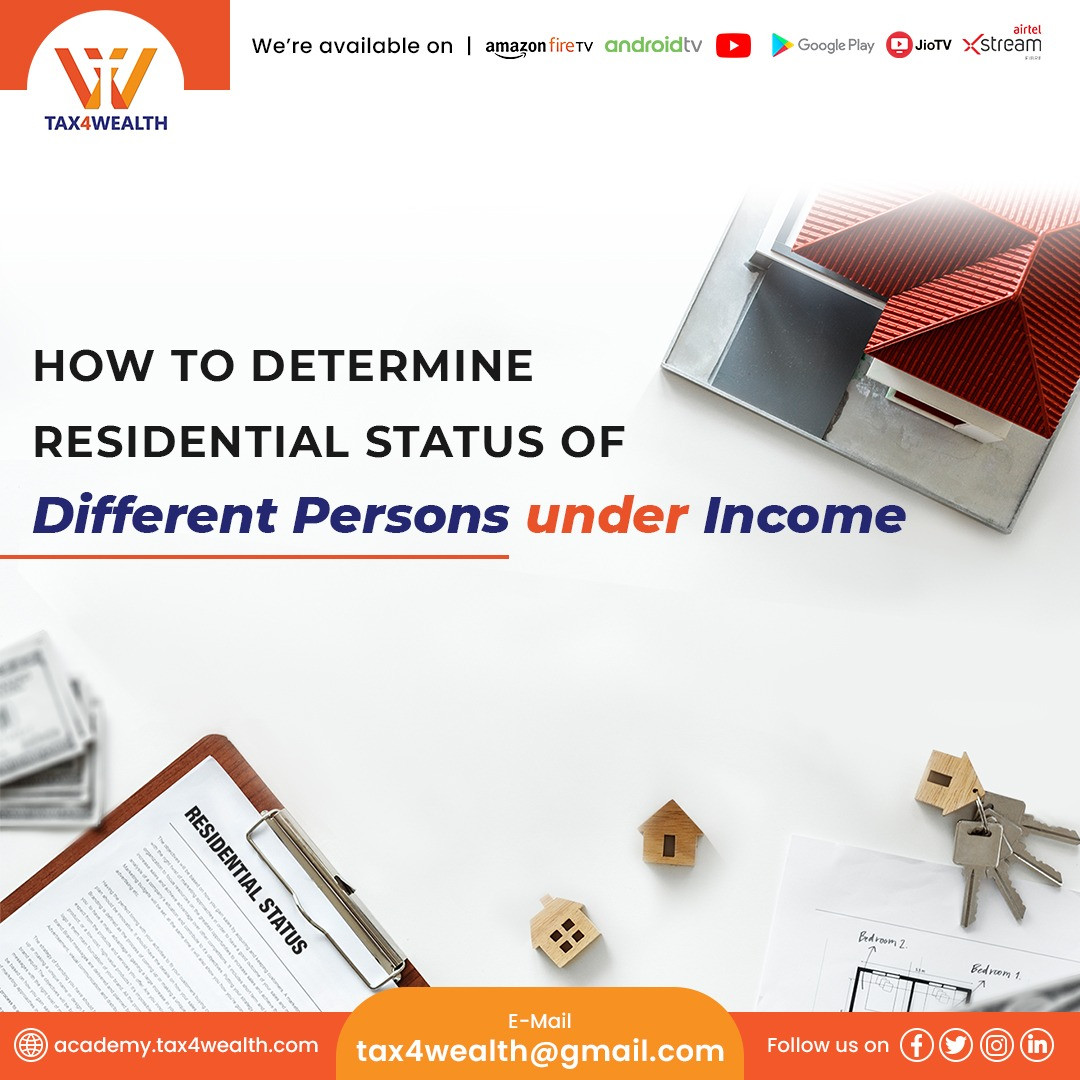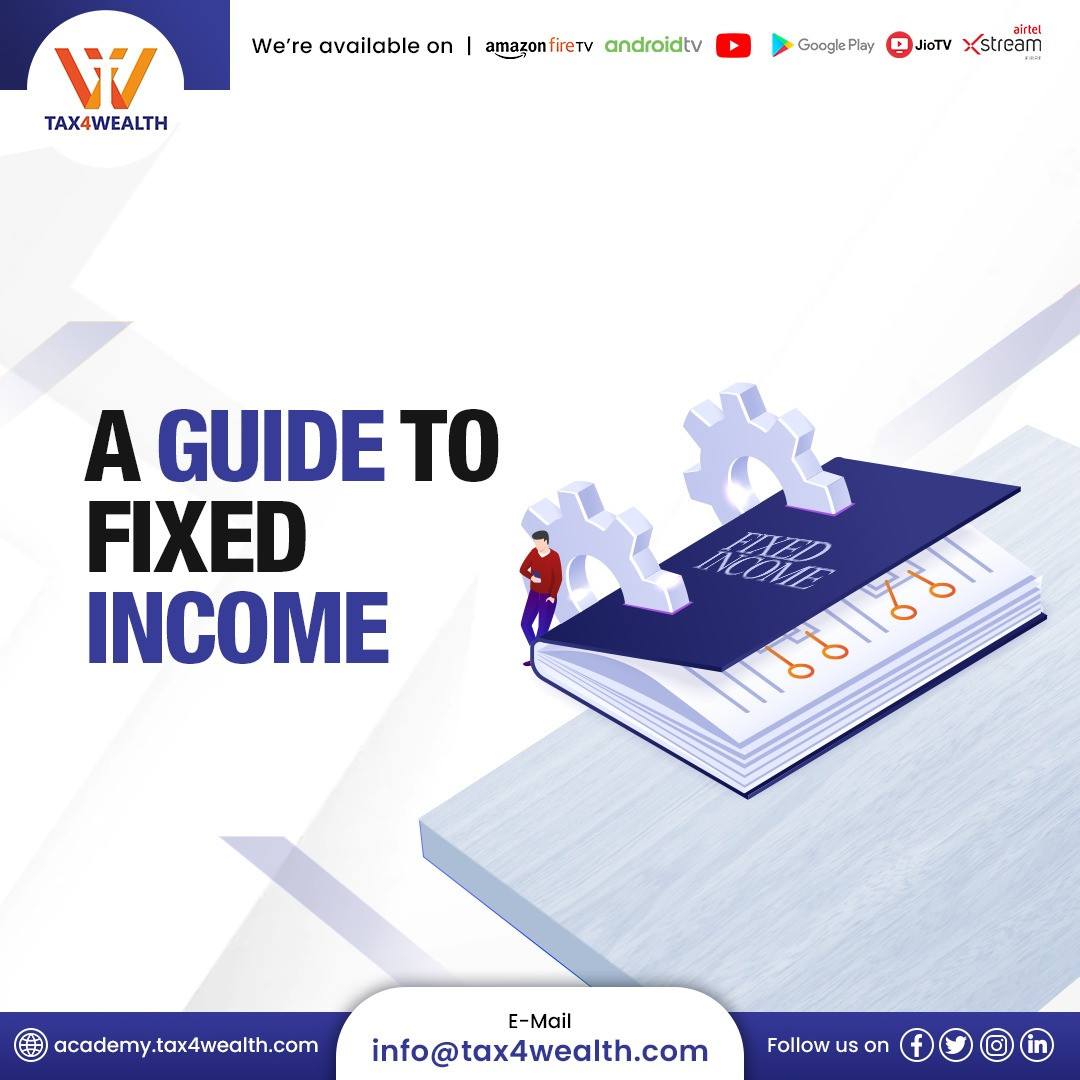
How to determine residential status of different Persons under Income tax Act
Meaning and Importance of Residential Status
Basically, the tax liability of an individual taxpayer depends on his or her residential status in India for a specific financial year. It is to be noted that determination of residential status under Income Tax Law is different from citizenship of an individual. A citizen of India may not be a resident Indian for income tax purposes for a particular financial year and end up being a non-resident Indian.
Similarly, a foreign citizen can also become a resident Indian for the purpose of income tax for the particular financial year. The residential status of the different types of individuals such as individual, company and firm determined differently.
How to Determine Residential Status?
According to the income tax law, for determination of residential status the following things are considered;
- A resident
- A resident not ordinarily resident (RNOR)
- A non-resident (NR)
The taxability for the above-mentioned status differs from each other. The taxability of a taxpayer depends clearly on the residential status.
Residential Status
As per the provisions under the Income Tax Act, 1961, residential status of a person is considered as one of the essential criteria for the determination of implications of tax. The residential status of a person can be categorized into the following categories;
- Resident
- Ordinarily Resident (ROR)
- Resident but Not Ordinarily Resident (RNOR)
- Non- Resident (NR)
Resident
A resident individual taxpayer has to satisfy any one of the below mentioned conditions;
- Stayed in India for a minimum period of 182 days in a year
OR
- Stayed for a minimum of 365 days in India in the immediate preceding 4 years and minimum of 60 days in current financial year.
This can be better analyzed with the help of an illustration. For example, Mr. Singh is the Operational Manager of a Private firm. He is born and brought up in India. He travels a lot for business purposes to different locations. He almost spend 200 days for travelling in the financial year. Apart from that, Mr. Singh also been travelling to different countries from last 2 years and considering the same he stayed about 400 days out of India in the current financial year.
Evaluation of Residential Status of Mr. Singh
Firstly, the Condition I i.e. stayed in India for a minimum period of 182 days in a year is not satisfied.
To figure out Mr. Singh's residential status, it is important to evaluate his stay in India. It is to be noted that he has stayed only 165 days in the current financial year in India. Thus, Mr. Singh does not satisfy the first condition.
Further, it is essential to analyze if condition II is satisfied. Condition II i.e. Stayed for a minimum of 365 days in India in the immediate preceding 4 years and minimum of 60 days in current financial year is Satisfied.
Mr. Singh has been travelling since past 2 years. Apart from that, he has been travelling for almost 400 days in last 2 years. This suggests that, in the last 4 years, Mr. Singh has stayed for more than 365 days in India.
Thus, Mr. Singh has stayed for at least 60 days in the present current financial year and 365 days more in immediately preceding 4 financial years. Thus, Mr. Singh satisfied the second condition.
Thus, if any of the conditions is satisfied, then he will become a resident taxpayer. That may be;
- Resident and Ordinarily Resident (ROR)
- Resident but Not Ordinarily Resident (RNOR)
Additionally, the basic conditions, if the following conditions are satisfied, then he will be Resident and Ordinarily Resident;
- If the stay is for at least 2 out of 10 immediate previous years in India
- If the stay for at least 730 days in 7 immediate previous years in India
In the provided example, Mr. Singh has satisfied the condition as resident of India. Further, it is required if he is a Resident and Ordinarily Resident (ROR) or Resident but Not Ordinarily Resident (RNOR)
If both the additional conditions Mr. Singh will be Resident and Ordinarily Resident (ROR)
Considering the aforesaid example, Mr. Singh had been travelling abroad for past 2 years. Thus, here the first condition is satisfied as Mr. Singh had stayed in India for at least 2 years in the immediate previous 10 years. Apart from that, he also fulfilled the second criteria of stay for at least 730 days in 7 immediate previous years. Thus, Mr. Singh is a Resident Ordinarily Resident. In case, any of the conditions are not fulfilled then Mr. Singh would have been Resident but not Ordinarily Resident.
Non-Resident
Any individual who does not fulfill the basic criteria of resident will be considered as a Non-Resident. This can be better analyzed with the help of an illustration. For example, Ms. Singh is studying in London and has joined a university in 3 year course. At the time of study, she decided to do her post graduation as well from the same university due to which she stayed there for another 2 years. Apart from that she got a internship certificate for completion of the course. After completion of the course, a company offered Ms. Singh a permanent job opportunity. She was employed in that firm for last 4 years. Considering the aforesaid information, Ms. Singh had been out of India for almost 9 years now. She gets rent from her inherited property. Here, both the aforesaid conditions are not fulfilled. Thus, Ms. Singh is a Non -Resident for tax purposes.
Note:
It is to be noted that the criteria of minimum 60 days stay in the current financial year which can be extended to 182 days in the following cases;
- A person is an Indian citizen and leaves India for employment purposes during the current financial year.
- A person being a Indian citizen or of Indian Origin but stays outside India and comes to India to visit during the current financial year.
No comments yet, Be the first to comment.













